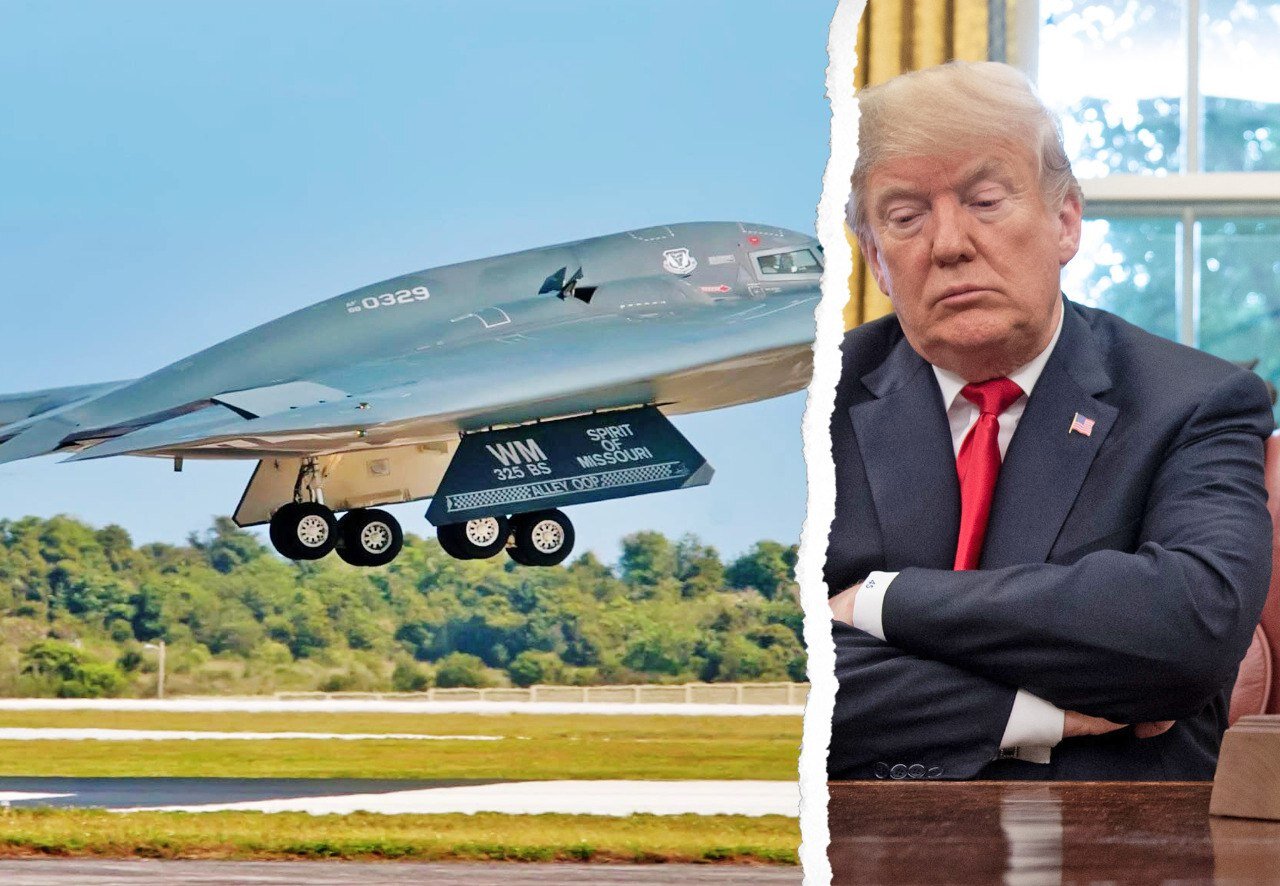Trump's retreat, not B-2 bluster, led to Oman talks
Tehran Times understands Trump backed off non-nuclear demands in March letter to Iran

TEHRAN – Iran and the United States will encounter each other for the first time in months on Saturday afternoon, after the two countries opened themselves up to indirect nuclear negotiations mediated by the Persian Gulf state of Oman.
Since 2021, Tehran and Washington have held at least four rounds of indirect talks, most recently in May 2024. The Oman-mediated discussions centered on escalating regional tensions fueled by unprecedented Israeli aggression in West Asia.
Iran’s Foreign Minister, Abbas Araghchi, and the United States Special Envoy to West Asia, Steven Witkoff, will be representing the two sides. The U.S. had sought to tap the UAE as mediator for this latest round, a proposal Iran rejected. Washington also proposed direct talks, another request declined by Tehran.
The Tehran Times has learned that the negotiations will proceed in written form, with the Omani Foreign Minister acting as intermediary himself. This format reflects Iran's growing distrust of the U.S. since its withdrawal from the 2015 Iran nuclear deal (JCPOA) under President Donald Trump in 2018. Trump subsequently re-imposed and intensified sanctions lifted under the agreement, prompting Tehran to accelerate its nuclear program in 2020 after it became evident that the remaining signatories could not effectively mitigate the impact of the reinstated U.S. sanctions.
The upcoming Saturday talks occur amidst a backdrop of heightened tensions, threats, and diplomatic setbacks. Since taking office, Trump has repeatedly threatened military action against Iran if it refuses to sign a new nuclear agreement. A directive issued shortly after his return to the White House outlined demands for Iran to dismantle its nuclear program, curb its missile and drone capabilities, and sever ties with Resistance groups in West Asia. These demands prompted a firm response from the Leader of the Islamic Revolution, Ayatollah Seyyed Ali Khamenei, who stated that Iran would not engage in talks with a "bullying" U.S., a stance Iranian officials from across the political spectrum rallied to.
Despite Western media portrayals – fueled by comments from figures like U.S. Secretary of State Marko Rubio, who attributed Iran's agreement to indirect talks to Washington’s deployment of B2 bombers to Diego Garcia – information obtained by the Tehran Times indicates that the talks were mainly scheduled due to an unprecedented shift in stance by Trump.
While Trump has repeatedly claimed his sole concern is Iran's nuclear program, his executive orders and private messages have often addressed broader issues. However, in a letter delivered to Ayatollah Khamenei through an Emirati diplomat back in March, Trump said he is willing to negotiate solely on the nuclear program and exclude discussions of Iran's military and foreign policy. Iranian officials have consistently maintained in recent years that only the nuclear program is open for negotiation.
A source familiar with the matter told the Tehran Times that while Iran is serious about reaching a nuclear agreement, it remains skeptical of the U.S.'s commitment. "This is a test to see if Trump was genuine about what he wrote in his letter," the source said. "We won't tolerate further demands. Even on the nuclear issue, the Americans need to be realistic. If they want us to limit our program but aren't willing to make meaningful concessions, it will never happen."
The source emphasized that Iran is prepared to protect its interests by all means if a win-win agreement is not reached. "They need to understand that we do not seek war, but we are not afraid of it either," the source stated. "Iran’s position is clear; it is the United States that must decide whether it wants to resolve issues."
Leave a Comment